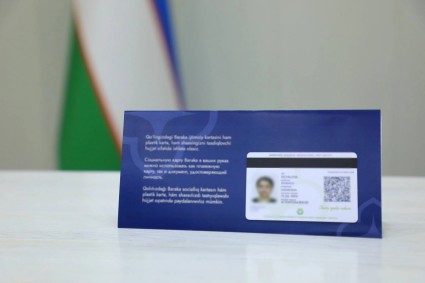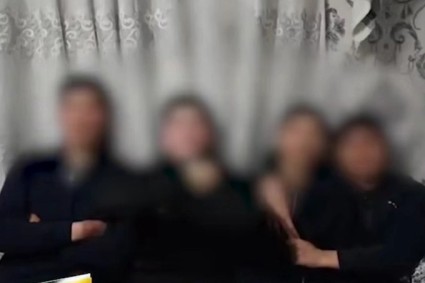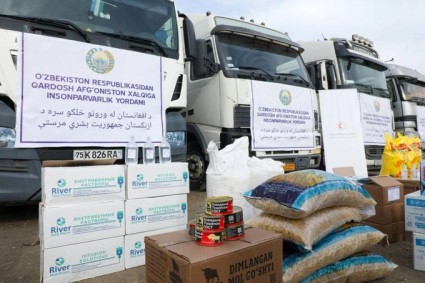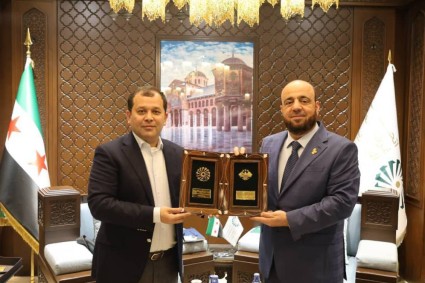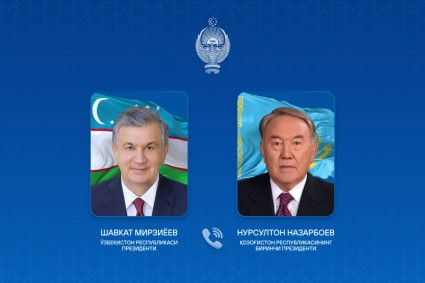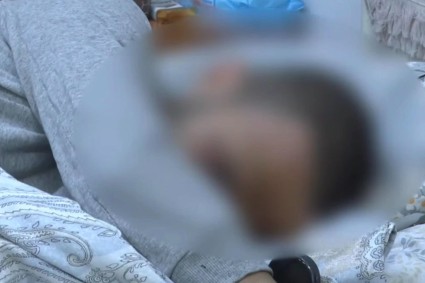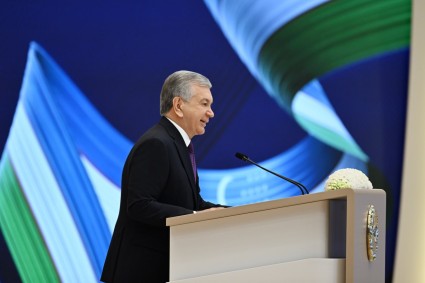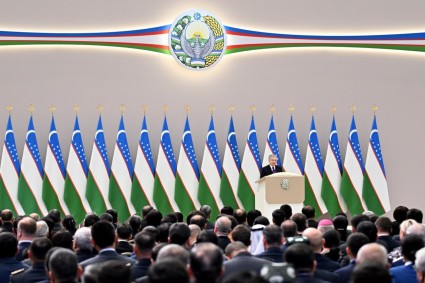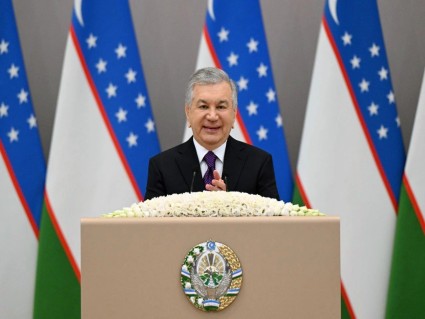The 2021 annual conference of the Uzbek-British Trade and Industry Council (UBTIC) welcomed over 450 delegates on February 3-4, the largest ever audience in the 25-year history of the council.
The conference was hosted by the British Embassy in Tashkent and the Department for International Trade, working in partnership with the Embassy of Uzbekistan in London and Uzbekistan’s Ministry of Investments and Foreign Trade.
Held online due to the COVID-19 pandemic, the UBTIC conference opened with keynote addresses from Uzbekistan’s Deputy Prime Minister and Minister for Investment Sardar Umurzakov and the United Kingdom’s Minister of State for Trade Policy, Rt Hon. Greg Hands. Bilateral meetings were held between the British and Uzbek governments in parallel with the conference, building on the Partnership and Cooperation Agreement signed between the two countries in December 2019.
Other keynote speakers included Lord Gerry Grimstone, the United Kingdom’s Minister for Investments and Sir Suma Chakrabarti, the former president of EBRD and now an advisor to the Uzbek president.
“The goal for UBTIC this year was to ensure that within the limitations of a virtual event, the conference advanced bilateral trade and investment at a practical level. We are delighted to see the high level of participation from British and Uzbek companies and are encouraged by the numerous meetings organised between these firms,” said Tim Torlot, the British ambassador in Tashkent.
The conference featured a wide range of speakers, including senior executives from leading UK companies such as the London Stock Exchange, PwC, Benoy, Worley, Petrofac, and MottMacDonald—a sign of growing interest in Uzbekistan from British business.
A special presentation on Uzbekistan’s privatization agenda featured views from Atabek Nazirov, Director of Uzbekistan’s Capital Markets Development Agency and Akram Mukhamatkulov, Acting CEO of UzAssets, the holding company established under Uzbekistan’s State Assets Management Agency.
Four sectors were given special attention in the event—clean energy, education, healthcare, and financial services.
“UK companies are making important contributions in Uzbekistan in all sectors, but we highlighted these four sectors because of the significant services, technology, and capital they are providing Uzbek counterparts. The discussions in the forum have proved once again that there is a huge mutual interest to expand and deepen cooperation in these areas. This is also reflected in the Joint Action Plan signed as an outcome of the UBTIC session,” noted Said Rustamov, the Ambassador of Uzbekistan in London.
The discussion on clean energy covered increased British participation in tenders related to solar and wind energy generation in Uzbekistan. Speakers pointed to still untapped potential for British companies to draw upon the resources of UKEF, the United Kingdom’s export finance agency, to finance projects in the country.
Deputy Minister of Health Abdulla Azizov opened a discussion on healthcare and focused on the steps being taken to digitalise the healthcare system in Uzbekistan. Representatives from the UK healthcare sector and the Department for International trade detailed how British firms are providing training and IT infrastructure to help enable transformation of business processes.
The conversation on financial services opened with comments from Uzbekistan’s Deputy Minister of Finance, Odilbek Isakov. The panel explored the interrelated progress in introducing Uzbekistan to global investors focused on capital markets and private equity. Kiyan Zanidyeh, CEO of Sturgeon Capital, discussed how his company has deployed capital in the country.
The panel discussion on education included a presentation by Deputy Education Minister Rustam Karimjonov and included a special ceremony that saw the signing of five agreements between leading British education institutions, including Cambridge Assessment, University of Strathclyde, Bangor University, and University of Portsmouth, and noted Uzbek counterparts including The Agency for the Development of the Presidential, Creativity and Specialized Schools under the Cabinet of Ministers of the Republic of Uzbekistan, Uzbek State University of World Languages, Nukus branch of Tashkent State Agrarian University, the Medical Institute of Karakalpakstan, and Yeoju Technical Institute in Tashkent..
The organisers are already looking forward to next year. “Uzbekistan is strongly committed to expand and deepen multifaceted cooperation with the United Kingdom as part of our modernisation and economic liberalisation efforts. Our stakeholders will continue creating favourable conditions for British companies and investors,” explained Ambassador Rustamov.


